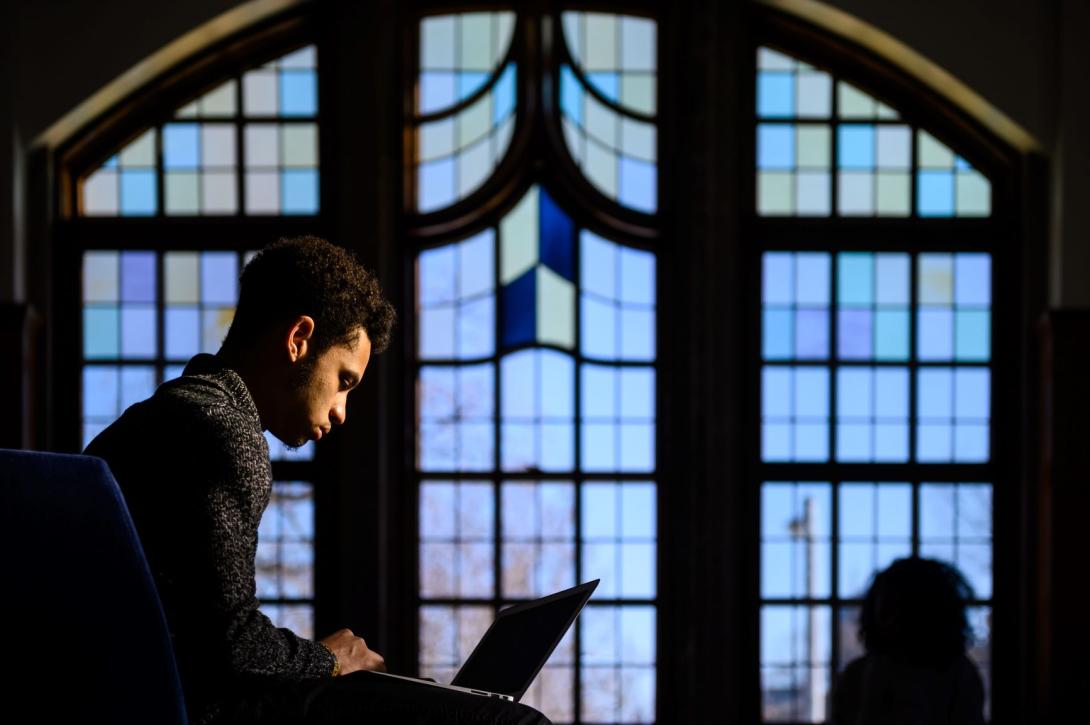The coronavirus pandemic has brought with it unprecedented experiences, especially for students navigating their way through this next big milestone in life: college. As a parent, you can assist your student in making this time a rewarding, educational and healthy endeavor, even though the “norms” of the college experience have changed. Recognizing your students' experience of loss and grief over not having the "normal/expected college experience" -- and helping them develop a balanced, confident perspective -- is essential.
Here are some things you can do:
In general:
- Most important, reinforce the fact that this is not normal -- nothing about this time is normal -- so we are all having normal reactions to an abnormal situation. It is okay to feel unsure.
- Remind your student that this is a temporary situation.
- Encourage open communication and begin to consider plans for how your student can reach out if they encounter challenges in the Fall.
- Ask your student what concerns they have going into Fall, and discuss openly, brainstorming together on how your student might best address and/or relieve those concerns. You and your student can also reach out to the resources offered by the University.
Physical Health:
- Before leaving for campus, help your student identify resources they can use if they need help.
- Share insurance information with your student in case they need to use it during the year. Take a photo of the back and front of your insurance card and make sure they carry it with them.
- Have your student identify a PCP (primary care physicians) on campus just in case they need to connect with a physician. Also make sure they know how to reach University Health Services.
- Seek out accommodations at the Services for Students with Disabilities Office, if needed.
- Model self-care and value of following CDC Guidelines.
Mental Health
- Discuss how to cope when they see peers who have contrasting values or approaches to pandemic/university guidelines.
- Watch for signs of isolation -- psychological isolation can be a side effect of physical isolation/distancing. If you are concerned, University Counseling and Psychological Services can help.
- Make sure your student knows the multitude of resources available to them for support. There are many virtual support programs for students (link to article) as well as Wellness programs that your student can access to make this Fall’s academic and learning experience a comfortable, safe and rewarding time. Specific COVID-19 information can also be found on the CAPS website.
“Now is a time to learn how we help each other in addition to ourselves and this will be very important for Fall,” said CAPS Director Todd Sevig. “We have, ironically, a wonderful opportunity to capitalize on the ‘other side of the coin’ in this global pandemic — to augment how we are connected to each other, how we rely on each other, how important self-care and self-compassion is to our mental health; how altruism helps others and helps ourselves; and how we need to help each other and ourselves in order to have a mentally healthy community.”

